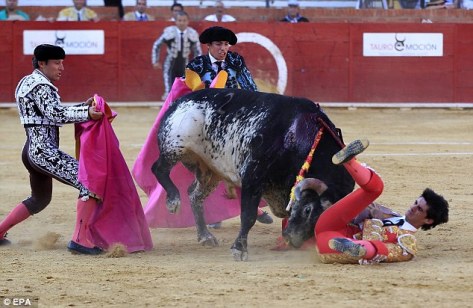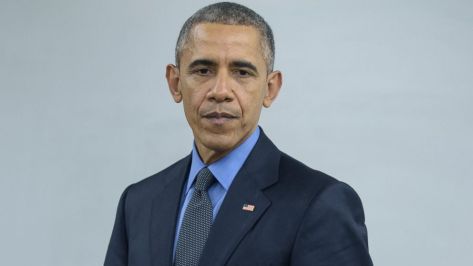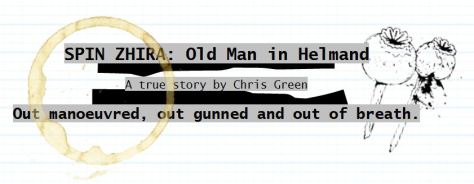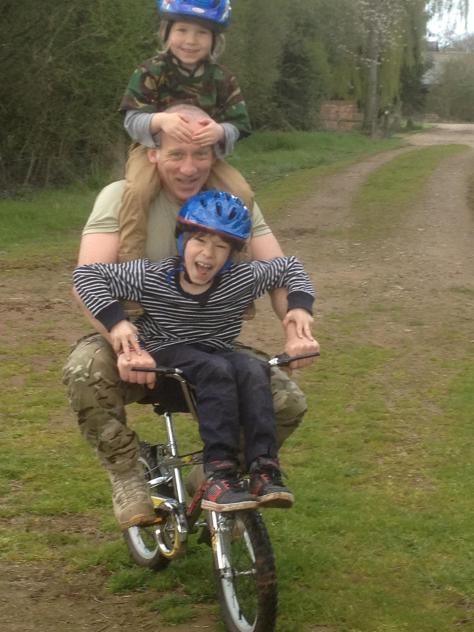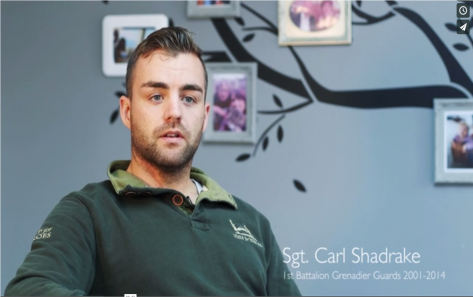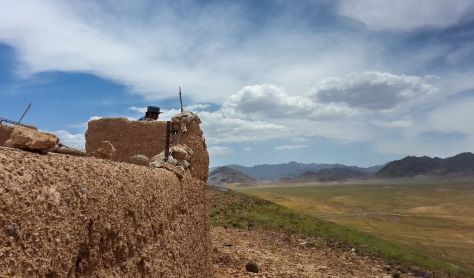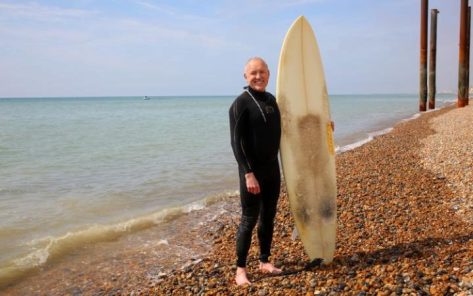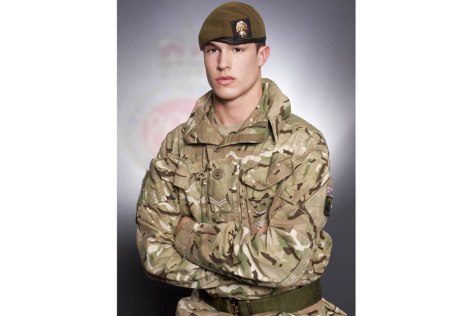
Writing in The Telegraph, former SAS officer, Colonel Tim Collins OBE warns that the Army must reshape after Chilcot.
Colonel Collins is best know to the public for his eve of battle speech to the Royal Irish Regiment prior to the Iraq invasion. For obvious reasons it is perhaps less well known that he is also a former ‘Tier One’ Special Forces soldier and counterinsurgency specialist. As the name suggests, Tier One are Britain’s most elite troops so it’s reasonable to assume that Colonel Collins knows what he’s talking about. And on the face of it he does. The army must reshape after Chilcot. That much is clear.
It is of intense frustration to me and many others that lessons were not learned in Iraq and subsequently applied in Afghanistan, particularly with regard to counterinsurgency doctrine. Despite good intentions, both countries are now significantly worse off following Western military intervention.
Chilcot should now be the catalyst for change, or in Colonel Collins words, ‘we need to know if it was incompetence or obsequiousness that led to these blunders, and move to crush whatever caused them.’ We already knew that Colonel Collins was a straight talker.
I want to agree with Colonel Collins, I really do. After all, he is a former Tier One Special Forces soldier, a steely-eyed flat bellied killer. I’m a former wheezy part-timer. It’s not going to go well for me if we get into a fist fight. But Colonel Collins is a muppet. There I said it.
He identifies ‘intervention operations’ as the most likely future scenario for which our military should train. In other words, precisely the same kind of campaigns conducted in Iraq and Afghanistan which have so humiliated the British military. So far so good. But rather than addressing the issue of our woeful counterinsurgency strategy, the strategy that has radicalized Muslims across the globe and is the direct cause of so much chaos and suffering in the country’s we have now largely abandoned, we are treated to a barely coherent rant.
Allowing women to serve in combat roles is a ‘crazy social experiment’ imposed upon the military by ‘failed male politicians with no military knowledge’. The Armies of our European partners in NATO are ’18-30, Club Med-style organisations with a vaguely military theme’ and so it goes on.
According to Colonel Collins what Britain needs is more infantry ‘capable of operations that were once the preserve of Special Forces and Commandos’. He recommends looking to former Commonwealth countries to make up the current shortfall in recruiting. But this isn’t arguing for change, this is arguing for more of the same.
The disastrous campaigns in Iraq and Afghanistan were characterised by a dramatic expansion and reliance on special forces. We have learned nothing from these campaigns if we do not learn that the tactics of drone strikes, night raids and kill/capture missions undertaken by special forces only weaken the legitimacy of the counterinsurgent and make more insurgents. Politicians and senior officers may have been seduced by the raw courage, bravery and ruthless efficiency of our Tier One troops in Iraq and Afghanistan but, as history now shows, they do more harm than good.
Tactical victories have resulted in strategic failure, not once but twice. Continuing to do the same thing over and over again and expecting something different to happen is seldom a recipe for success.
Colonel Collins isn’t advocating for reform at all. He seeks to perpetuate a flawed doctrine in which he claims expertise but which has only succeeded in plunging the countries we sought to stabilise into further chaos and widen the rift between West and East. As every right minded person must agree, this is precisely not what we ought to do and it’s why Colonel Collins is a muppet. Just don’t tell him I said so.
Purchase your copy of SPIN ZHIRA
SPIN ZHIRA: Old Man in Helmand is the unauthorised, unvarnished and irreverent story of one man’s midlife crisis on the front line of the most dangerous district in Afghanistan where the locals haven’t forgiven the British for the occupation of 1842 or for the Russian Invasion of 1979. Of course, all infidels look the same so you can’t really tell them apart.

